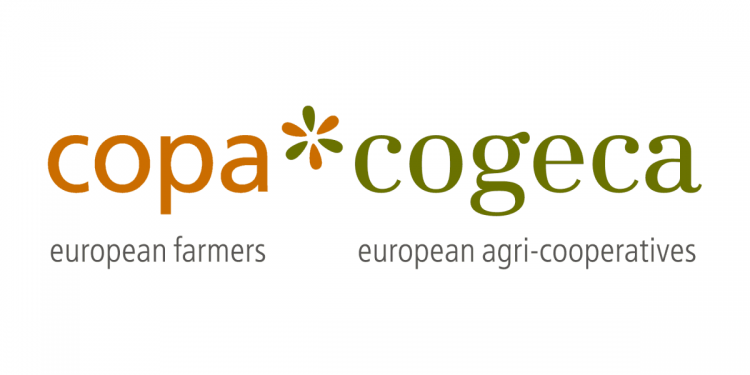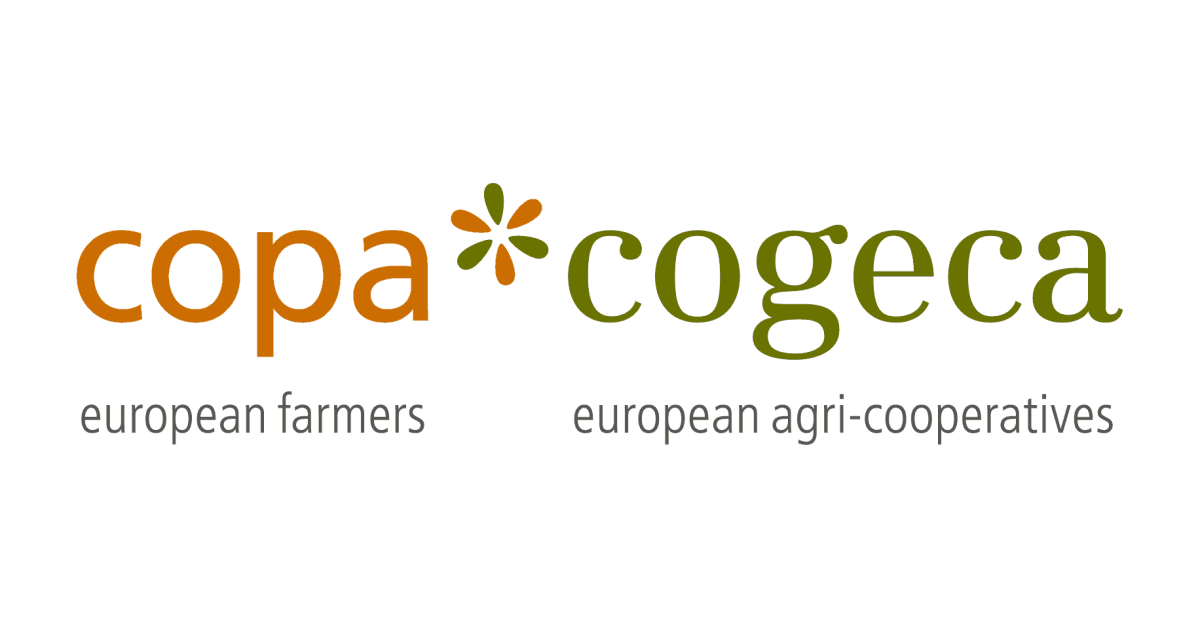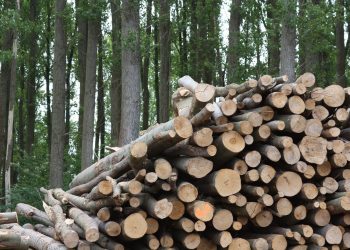Contrary to its original purpose, the energy content multiplier — or double counting — applied under the Renewable Energy Directive (RED) transport targets is increasingly being misused, turning into an entry point for a wave of fraudulent feedstock imports, ranging from used cooking oil, palm oil effluents and advanced ethanol. Ahead of the Transport and Energy Council on 16 June, Copa and Cogeca have sent a formal letter to the President of the Council and the European Commissioner for Energy, outlining key demands to address the issue and restore confidence in certification schemes and market integrity.
While the double counting mechanism was originally designed by EU co-legislators to support the green transition, it is now raising serious concerns among European farmers and agricultural cooperatives. Unlike other feedstocks listed in Annex IX of the RED, waste vegetable oils — which have a high energy content — are subject to extensive global trade, making them particularly vulnerable to fraud and weak traceability. As a result, unfair competition against EU crop- and waste-based biofuels is intensifying, while the mechanism inadvertently incentivises palm oil demand and increases the risk of Indirect Land Use Change (ILUC).
Immediate and coordinated action is urgently needed to restore market integrity, rebuild trust in certification schemes, and safeguard the EU’s long-term energy and environmental objectives.
In their letter, Copa and Cogeca emphasised the urgent need to: remove the double counting mechanism; strengthen certification and audit rules; ensure consistency in mass balance systems throughout the entire production chain; hold final biofuel users accountable for the validity and verification of sustainability certificates; and harmonise feedstock definitions under Annex IX to prevent fraud.
Copa and Cogeca also reaffirmed their strong commitment to the green energy transition and the development of sustainable biofuels. However, without swift corrective measures, current market distortions risk pushing traditional producers out of the market, causing long-term harm to EU agriculture and food security.
Fonte: Copa Cogeca




















































